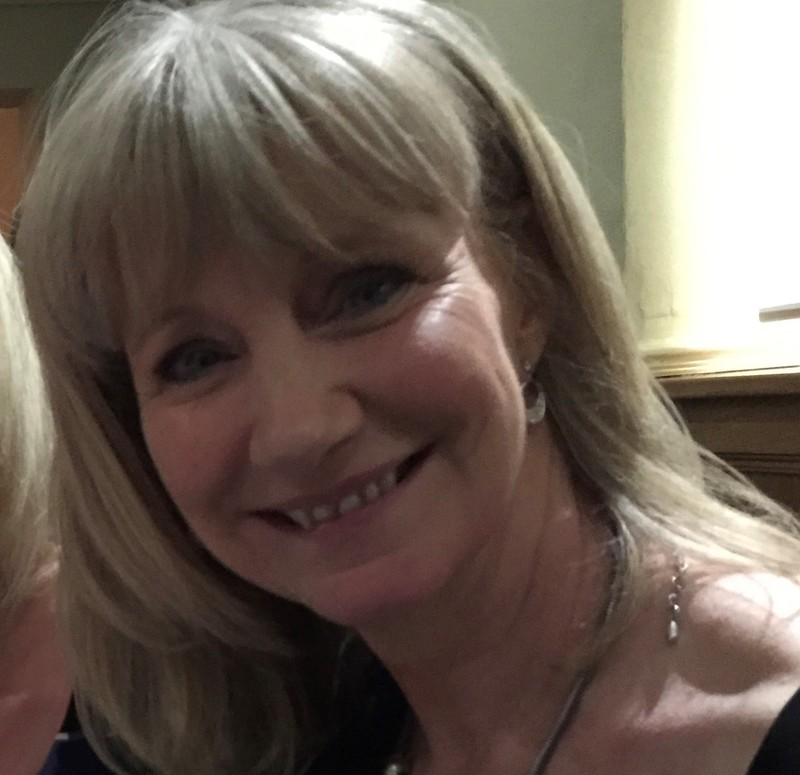The PPR team has been working with the Lived Experience team at NHS England/Improvement over the past few years to develop the Peer Leadership Development Programme (PLDP). The PLDP is a unique personal development opportunity for people with lived experience of health and care services who are motivated to effect change by working collaboratively with the system.
Launched in Autumn 2020, it is a three-step blended learning programme featuring a mix of self-paced and group facilitated learning. It supports people through a personal journey to develop and enhance their knowledge, skills and capabilities in order to harness their own experiences to improve the journey of those who come after them.
We have invited three different people linked to the programme to share their thoughts on why they think co-production is important, and what impact they hope Peer Leadership will have.
The second person we are going to hear from is Jo Fitzgerald. She leads the Lived Experience Team in the Personalised Care Group at NHS England. Her son, Mitchell, was one of the first people in England to benefit from a personal health budget. She is at the forefront of the development of the PLDP and is passionate about ensuring that Peer Leaders have the knowledge, skills and confidence to actively shape and influence how health and care is delivered.
Tell us why you think co-production is important
To solve any wicked or complex problem, it’s vital that you draw on a range of different perspectives to help come up with a solution. So, in order to tackle some of the challenges and opportunities that the NHS is currently facing, it’s really important to involve a range of different people from across the health and care system – from practitioners to people with lived experience.
People with lived experience bring a unique perspective that draws on their intrinsic knowledge. If you have experienced something really profound, as many of us have when living with or caring for someone with a long-term physical and/or mental health condition, it generates knowledge and insight that is unique and transformative. This has huge value and relevance. By collaborating with people with lived experience to come up with solutions, you are much more likely to achieve better outcomes for both people and the system.
This approach underpins co-production, and is important because it supports the rebalancing of priorities and a more reciprocal relationship between practitioners and people who use services.
What stands out about the Peer Leadership Development Programme?
The thing that stands out to me is the strong commitment to invest in people. We recognise that people are innately resourceful but when you invest in them and you develop their knowledge, skills, and confidence you can empower them to use their lived experience to best effect. The exciting thing about the programme is that it taps into people’s energy and motivation. It helps to release their untapped potential, validates their lived experience and encourages them to use their gifts and talents. It’s the most effective way to create a level playing field between people and practitioners.
What do you hope to achieve through your involvement in the Programme?
A network of phenomenal and effective change agents – people who are effecting change in the places that matter to them. The programme is designed to work with and encourage autonomy. It can support people to develop but then it’s about Peer Leaders becoming active in a range of different ways and following their own aspirations and purpose. Whilst the collaborative nature of the programme instills a collective sense of purpose in participants – what each individual wants to do as a result of taking part needs to focus on what matters to them. In a nutshell the programme embodies personalised care values which recognise that ‘one-size doesn’t fit all.’
More broadly, I want to play my part in shifting the culture within the NHS. I genuinely and wholeheartedly believe that if we do shift the relationship between people who provide services and people who use them, we can create a world in which people feel listened to and more able to focus on what matters to them.
My own experience of Personalised Care showed me that being able to make decisions that made sense to my son, Mitchell, and to us as a family, had a profound impact on his life. Once the health and care system has fully embraced and embedded personalised care, people will have more choice and control, a more meaningful experience and, ultimately, better outcomes.

